White House Press Secretary Karoline Leavitt is getting called out after she attempted to justify President Donald Trump's sudden reversal on his proposed tariffs, telling reporters that his actions make sense because he has a master plan to make the world bend the knee.
Trump declared a full 90-day suspension of all the “reciprocal” tariffs that took effect at midnight April 10—except for those on China—in a dramatic about-face from a president who had long championed his historically high tariff rates as permanent.
Tariffs on China, however, are not only staying in place—they’re going up. Trump announced they’ll rise to 125% from 104% following Beijing’s announcement of new retaliatory tariffs earlier that day. Meanwhile, all other countries hit with reciprocal tariff hikes will see their rates rolled back to the standard 10%, he said.
Outside the White House alongside Treasury Secretary Scott Bessent, Leavitt slammed the press for failing to read Trump’s go-to book, The Art of the Deal, where he lays out his strategy of making bold opening demands as a setup for eventual compromise.
She said:
“Many of you in the media clearly missed 'The Art of the Deal.' You clearly failed to see what President Trump is doing here. You tried to say that the rest of the world would be moved closer to China, when in fact we’ve seen the opposite effect.”
“The entire world is calling the United States of America, not China, because they need our markets, they need our consumers, and they need this president in the Oval Office to talk to them. And that’s exactly why more than 75 countries have called, because the United States of America is the best place in the world to do business."
"And as the president has shown great courage, as the secretary has said, in choosing to retaliate against China even higher.”
You can hear what she said in the video below.
Leavitt was criticized for her remarks.
Trump’s early afternoon reversal came after a tense week in which Republican lawmakers and close allies privately warned him the tariffs could tank the economy.
The markets wasted no time reacting. Stocks shot up, breaking a streak of losses that had shaken older Americans who rely on their 401(k)s—and left many rethinking when they might be able to retire.
Behind the scenes, Trump’s advisers had grown increasingly uneasy about what was happening in the bond market, a senior administration official said. Interest rates on 10-year Treasury bonds were climbing—an unusual signal during a market slump, when investors usually move their money into safer assets.
The result? Tariffs were driving up costs, and at the same time, borrowing was getting more expensive. That meant higher prices at the checkout line, steeper mortgage and credit card rates, and bigger hurdles for businesses looking to grow.

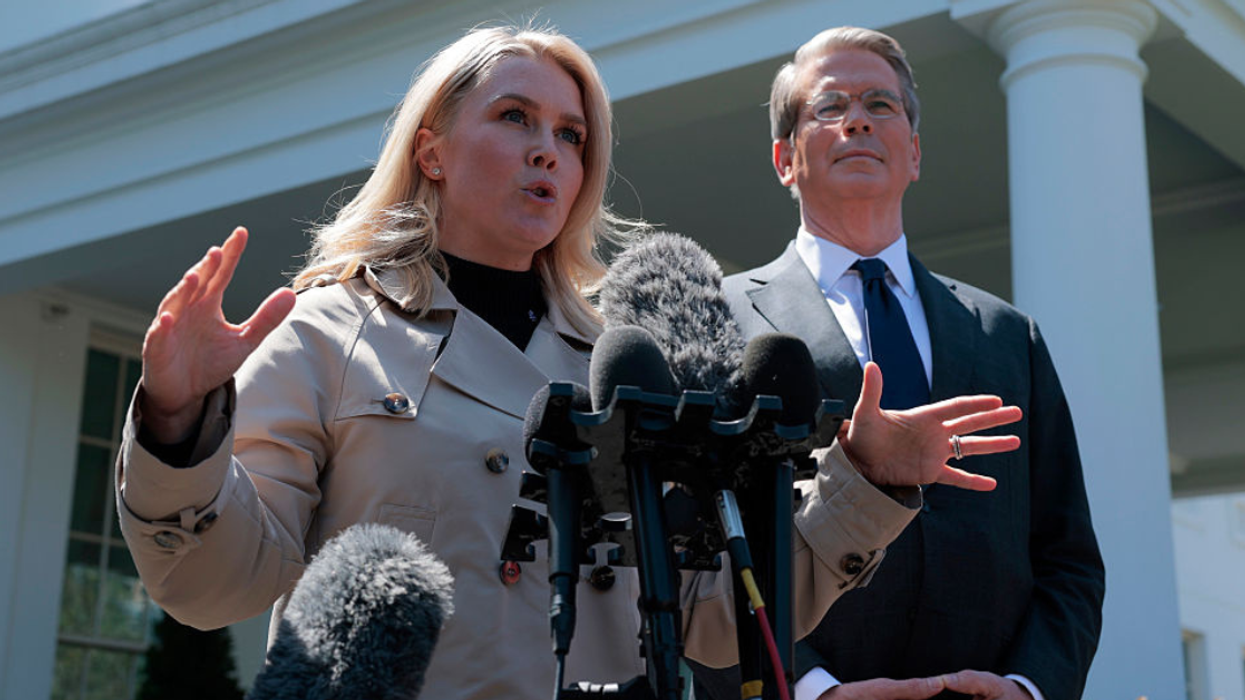

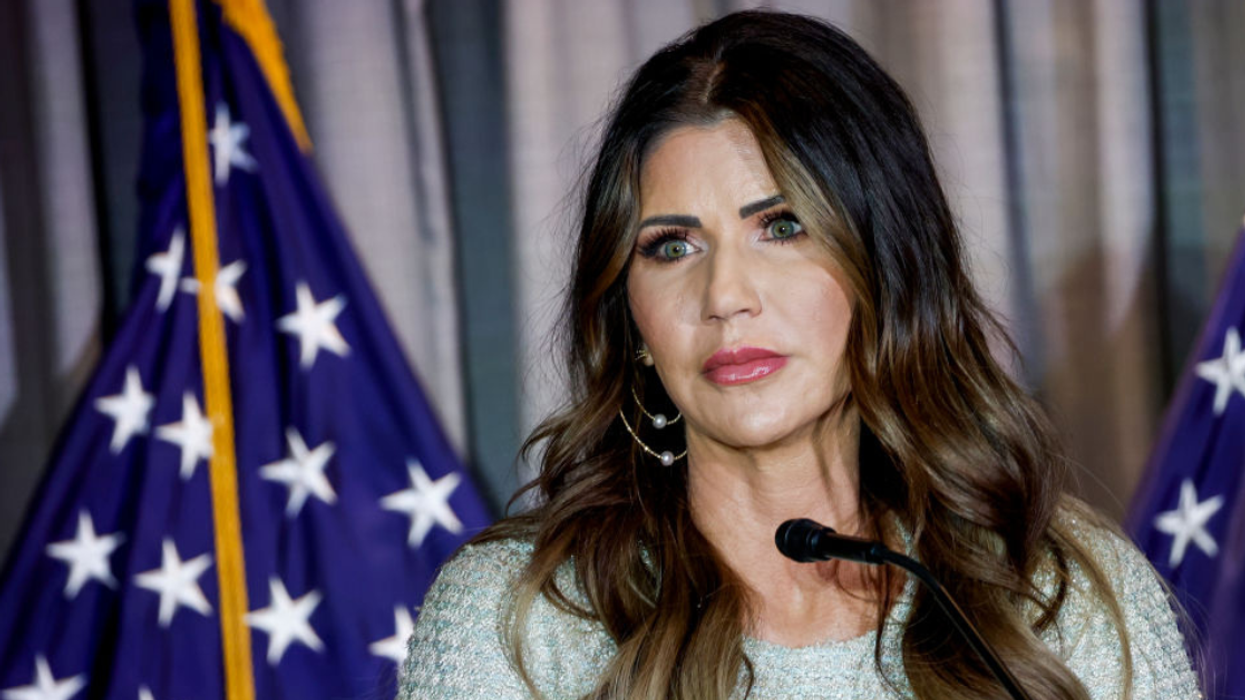

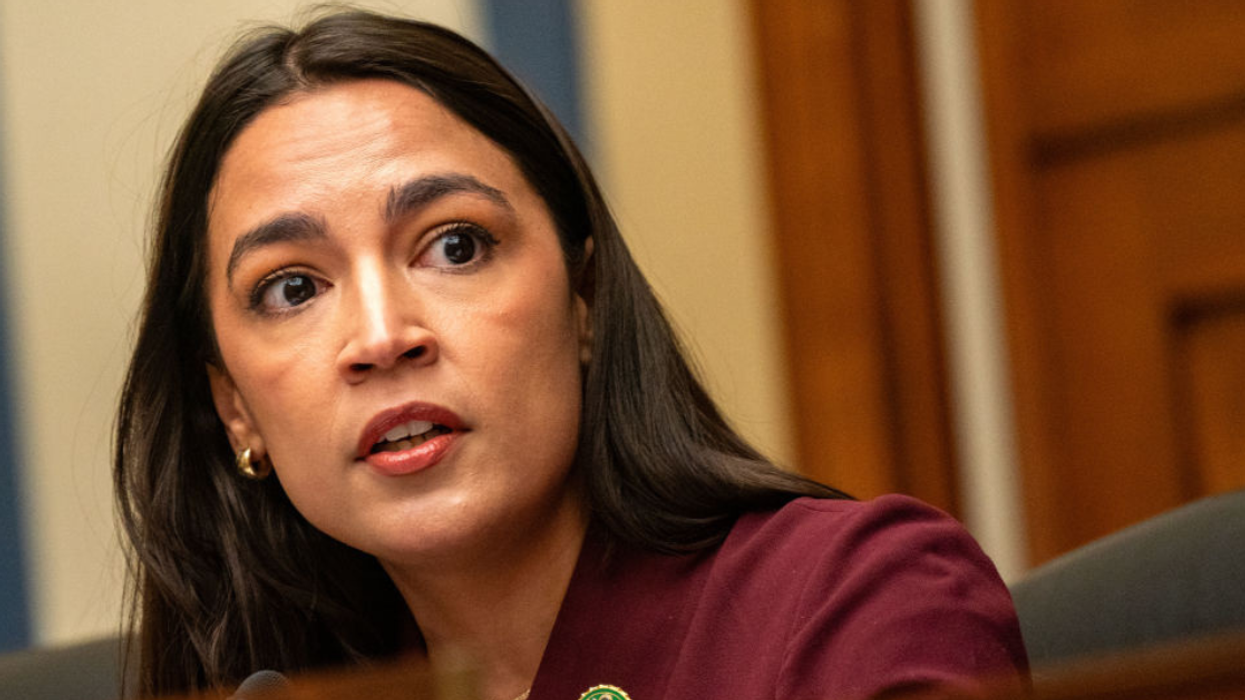
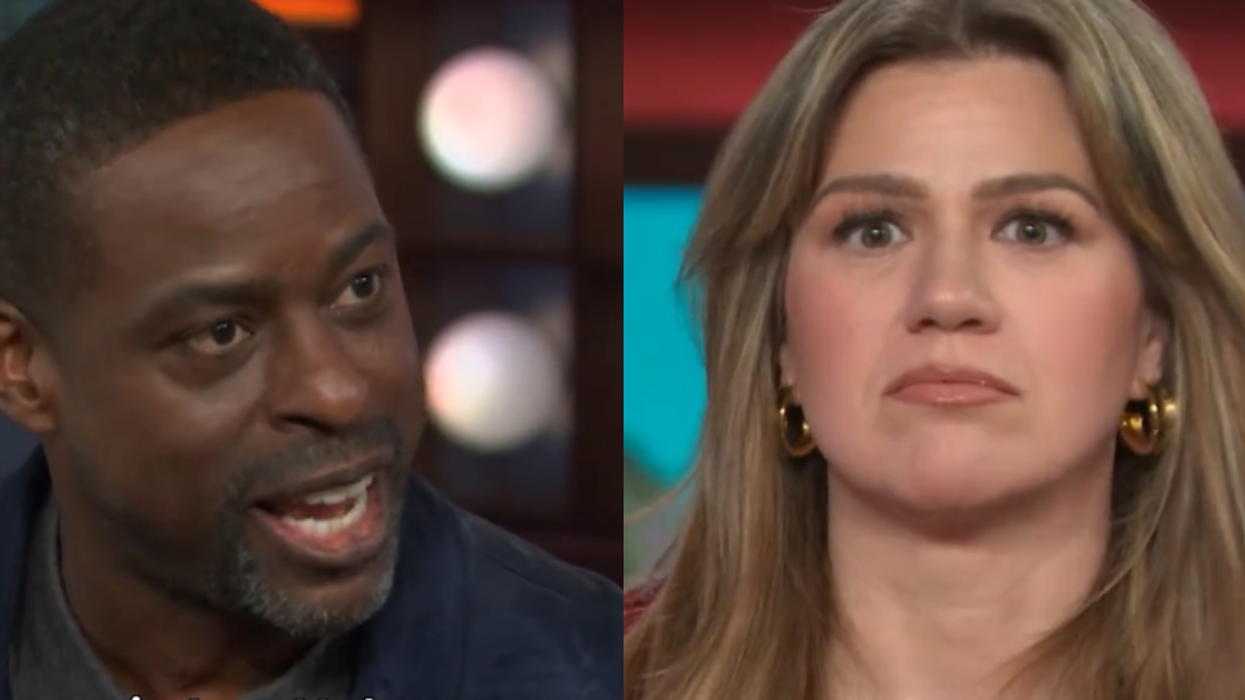

 @machinegunkelly/Instagram
@machinegunkelly/Instagram @joeyyoey/Instagram
@joeyyoey/Instagram @sherbetglassart/Instagram
@sherbetglassart/Instagram @_unsailyas_/Instagram
@_unsailyas_/Instagram @sara.kachilika/Instagram
@sara.kachilika/Instagram @happy_tea_mum/Instagram
@happy_tea_mum/Instagram @killl_me_slowly/Instagram
@killl_me_slowly/Instagram @ariannasteger/instagram
@ariannasteger/instagram



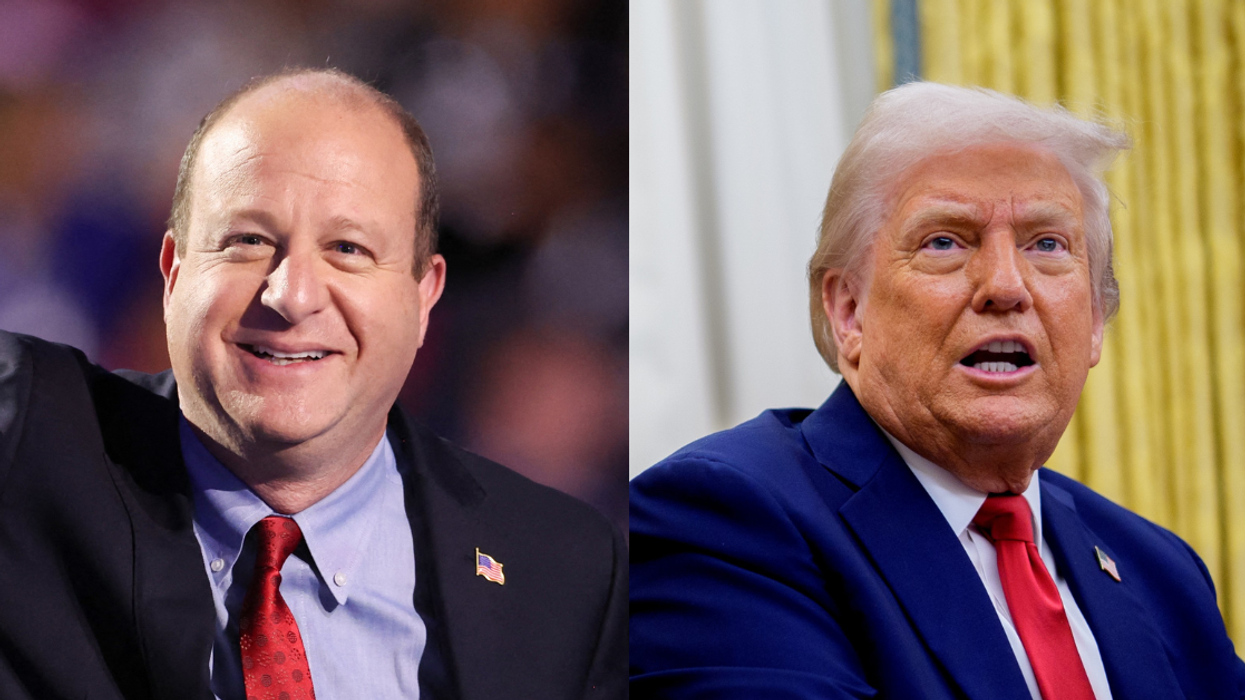

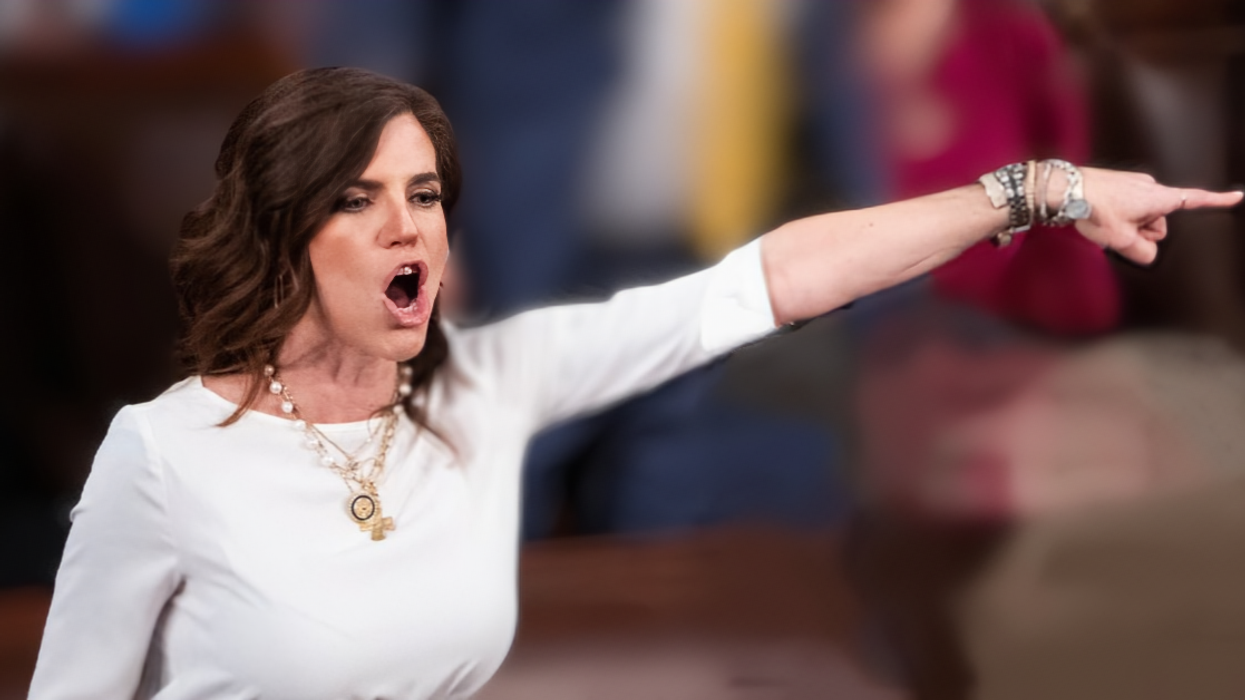
 rPolitics/Reddit
rPolitics/Reddit @leftynavyseal/Bluesky
@leftynavyseal/Bluesky rPolitics/Reddit
rPolitics/Reddit @skippyoz/Bluesky
@skippyoz/Bluesky rPolitics/Reddit
rPolitics/Reddit rPolitics/Reddit
rPolitics/Reddit rPolitics/Reddit
rPolitics/Reddit
 jordi baste robot GIF by No pot ser! TV3
jordi baste robot GIF by No pot ser! TV3 sing schitts creek GIF by CBC
sing schitts creek GIF by CBC Well Done Ok GIF by funk
Well Done Ok GIF by funk Two Face Ernst GIF by ZWEIMANN
Two Face Ernst GIF by ZWEIMANN